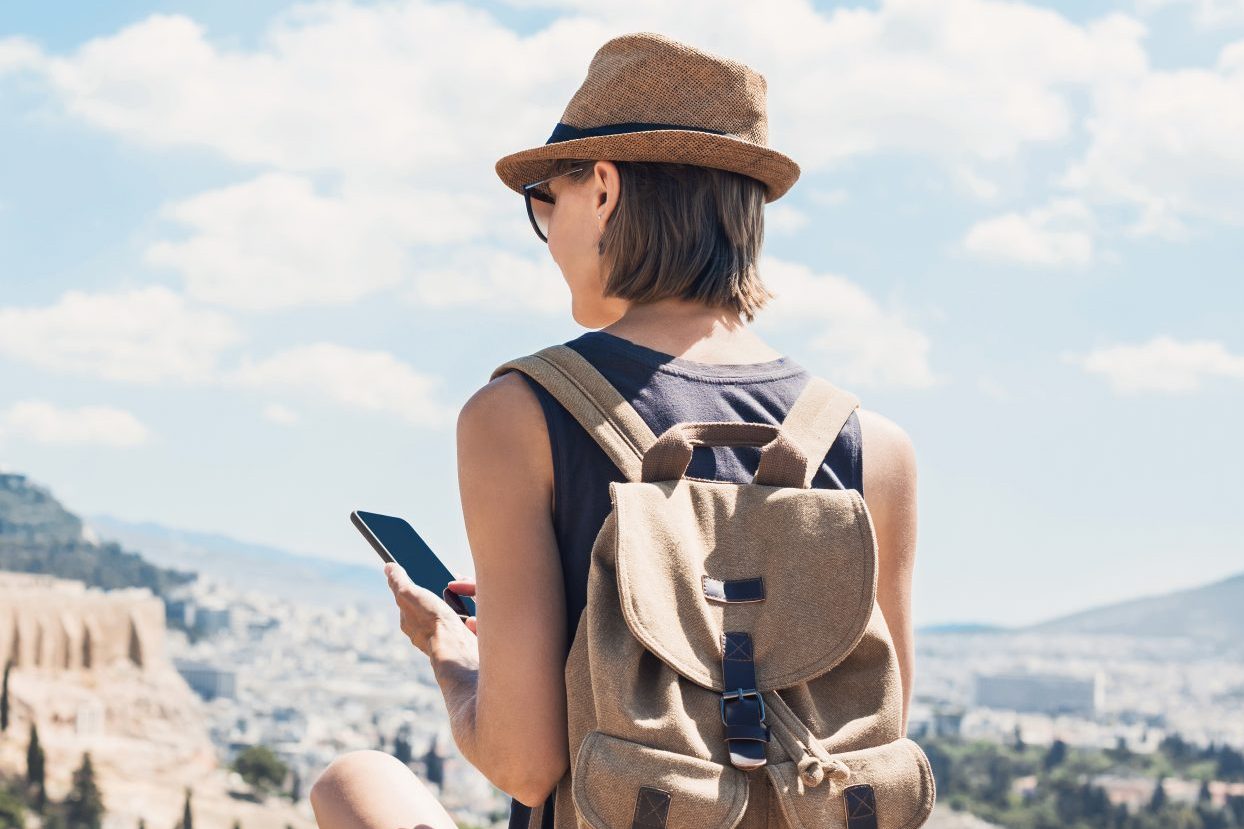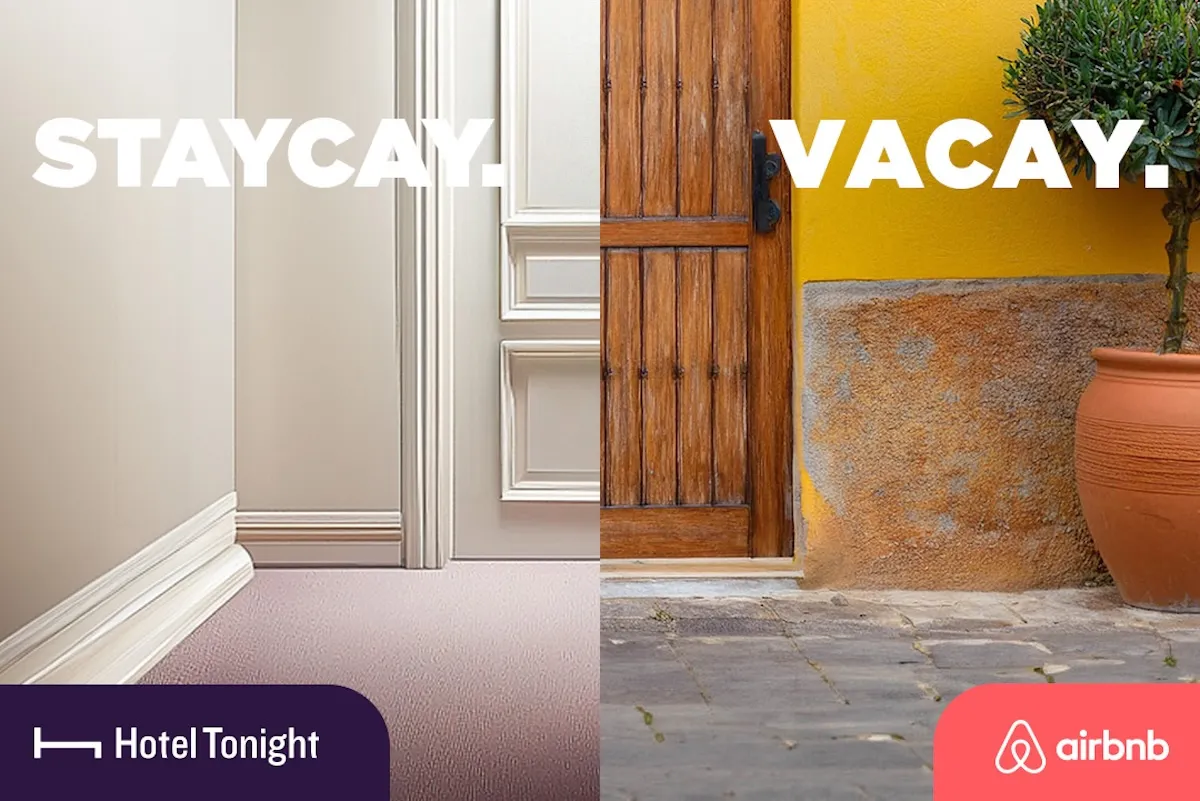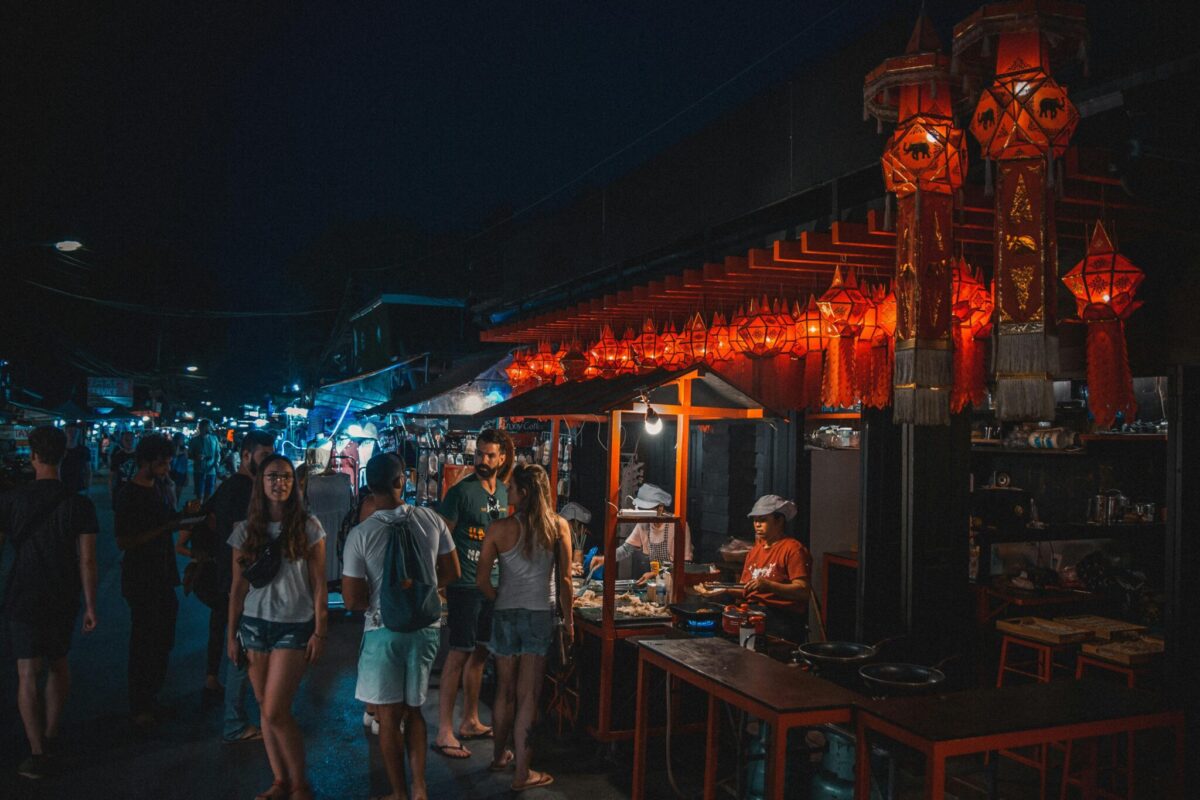Is Instagram the New Google for Travel? These Startups Say It Is

Skift Take
Investors are betting that Instagram can be the next Google — when it comes to selling travel.
The latest evidence is a new $10.3 million round of venture capital raised by Tripscout. The Chicago-based startup has built its future around what it says are 30 million followers of its 100-plus Instagram feeds. Up next: Its first foray into selling hotel rooms, through a private feed that users can access to get otherwise unadvertised room rates.
"Our having 30 million followers opens a whole new channel," said Tripscout CEO Konrad Waliszewski (pronounced Wall-uh-shev-skee). "It's the channel of the future. TripAdvisor mastered search-engine optimization in the early days of Google. We're doing that for Instagram."
Of course, Instagram has a long history of trying to promote travel, largely through influencers paid by destinations to post stunning tourism photos. But the Tripscout strategy goes beyond soft marketing.
At the launch on Thursday of its @hotel Instagram-based travel agency, Tripscout will have access to discounts at tens of thousands of hotels through partnerships with Hotelbeds and HotelPlanner. Those include chains and independents, Waliszewki said. Users can access the discounts by messaging "hotel" to Tripscout's Instagram accounts.
The venture round was led by Chicago-based Corazon Capital, backer of hotel-reservation site RocketMiles and parking-garage app SpotHero, and by Boston-based Accomplice, which funded Hopper and DraftKings.
The round was a so-called Series A, the second round the company has raised after previously raising $2.3 million. Tripscout also raised $3.5 million in debt.
"As more consumer time and attention goes to social media, there is clearly an opportunity for new players to give consumers better tools," said Mauricio Prieto, who writes the Travel Tech Essentialist substack and is former chief marketing officer at online travel agency eDreams Odigeo. He said social media has underperformed in travel because of poor technology, while other critics have blamed weak advertising strategies or brands' reluctance to associate themselves with zany content on TikTok. "Tripscout seems to have found a smart way of solving the customer acquisition challenge even before its launch."
TripScout built up its Instagram audience during the Covid pandemic, by emphasizing video after Instagram launched its Reels product in 2020. And it exploited people's nostalgia about travel when they couldn't actually do it, Waliszewki said.
Because people have to request the unadvertised rates offered through its new channel, Tripscout skirts requirements that often require online travel agencies to offer the same price as each other and as the Web site run by the hotel itself.
In Chicago, for example, this weekend Tripscout has rooms at the Godfrey Hotel from $357.49, while Expedia advertises the same hotel for a $524 "member price."
The hook for hotels is Tripscout's huge mass of followers, growing by two million per month, Tripscout said. Waliszewski says Instagram has passed Google to become the #1 place where consumers begin to research travel.
The fact that consumers have to request the discounts may help Tripscout skirt the impact of changes in privacy policies at Apple, which is letting Instagram users limit how much advertisers track their use of the service, Prieto says,
"This is something that can play to Tripscout's relative advantage," Prieto said. "Players in the industry that are dependent on ads could face challenges. But Tripscout has built a follower base of 30 million travelers to whom Tripscout is able to do closed user group pricing at scale through private booking links. It will be interesting to see how this pans out."
Curacity has a similar idea, arranging discounts for Instagram influencers who post about travel experiences, said president and co-founder Nick Slavin, whose network also includes established travel-media partners like Conde Nast. With hotels running 67 percent occupancy in April, according to STR, still down 3 percentage points from the same month in 2019, there's room for many to use Instagram to inexpensively move $25 billion in unsold inventory, he said.
For influencers, Curacity can save time and money they spend preparing media kits for travel providers to seek freebies. And they can boost their audience when Curacity promotes their posts on its own account, Slavin said. The company says it uses data about specific content creators' audiences to match them with hotels trying to reach demographics like theirs. Curacity takes a 10 percent commission on bookings it can prove that it generated, well below the markup on rooms at leading online travel agencies.
"Hotels can leverage unsold assets with incredible content, and we can connect that content with revenue it creates," Slavin said.
Curacity claims that it can demonstrate a 10-1 return on investment for its clients, who are mostly independent hotels. The company has raised $7.3 million in three rounds of venture funding, according to Crunchbase, an independent data provider and has 15,000 content creators in its network.




